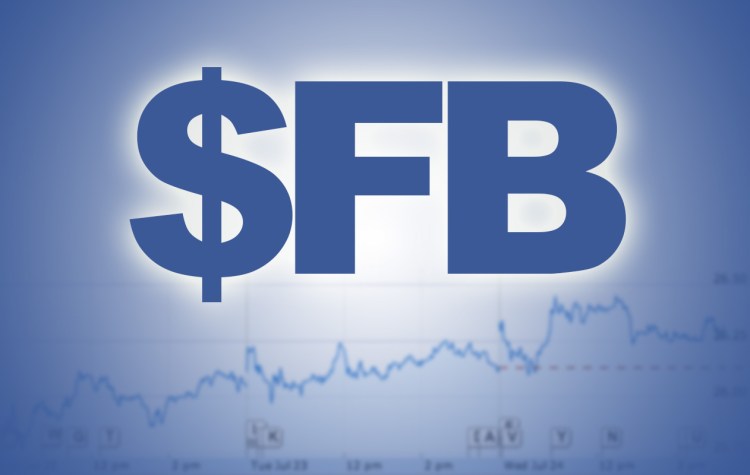Facebook’s quarterly earnings have just dropped: $1.813 billion in revenue for the second quarter of 2013, an increase of 53 percent year-over-year.
Facebook’s Q2 in News
- Apr. 09: Our review of Facebook Home
- Apr. 23: A massive Iowa data center revealed
- May 29: Facebook launches verified Pages
- June 6: Facebook denies involvement in PRISM
- June 12: The big hashtag rollout begins
- June 20: Instagram gets video
The company beat estimates by a handy margin. Analysts predicted revenues to grow by 37 percent to $1.62 billion, up from $1.46 billion last quarter.
As is becoming typical, Facebook shone in the mobile category. “When it comes to mobile, I’m very pleased with the results,” said CEO Mark Zuckerberg in the company’s earnings call.
“Soon, we’ll have more revenue on mobile than on desktop.”
Last quarter, around 30 percent of revenues came from mobile, a figure analysts expected to rise to 33 percent this quarter, positioning Facebook quite well for a mobile-focused future. The company beat that significantly with 41 percent of revenue coming from mobile.
“Facebook has a been doing well since the IPO in terms of company performance,” said Gartner analyst Brian Blau in an interview with VentureBeat.
“While their financial results are not stellar from quarter-to-quarter, they certainly have been able to meet expectations, grow, and have started to make convincing arguments that their mobile strategy is paying off.”
Ads
Since most of Facebook’s revenue comes from advertising — 88 percent, to be precise, a 61 percent year-over-year spike — let’s take a look at how the company fares in the larger sea of digital and mobile ad publishers.
Overall, the global digital ads market was around $104.04 billion in 2012. According to research firm eMarketer, last year Facebook captured 4.11 percent of that, up from 3.65 percent the previous year. This year, the analysts predict Facebook will reach 5.04 percent of a global online advertising market of $5.04 billion. (For contrast, Google is expected to surpass 33 percent of the market for 2013.)
The company fares better when it comes to mobile ads, however, and is expected to hold 12.9 percent of the global mobile advertising market (which is around $9 billion) in 2013. Again, Google snatches up more than half that amount each year.
Still, ad sales and return on investment for advertisers are two separate kettles of fish. The company struggles with “the general perception that Facebook ads are not effective … [and the overall lackluster mobile ad performance in the market,” said Blau.
Growth
Last quarter, the company showed huge year-over-year revenue growth of 38 percent, with a focus on increasing global reach and improving access for the service’s 200 million mobile-only users.
That trend has continued into Q3, when Facebook announced its feature phone app had reached 100 million users. And much of that high-speed growth is coming from markets in the developing world, including Africa, India, and the Middle East.
In other growth news, mobile monthly active users were 819 million as of June 30, 2013, an increase of 51 percent year-over-year. Mobile daily active users were 469 million on average for June 2013.
For the desktop Facebook site, growth was slower. Daily active users were up to 699 million, showing 27 percent growth from this time last year. And monthly active users for Facebook.com were 1.15 billion for June 2013, a 21 percent hike.
Stock
Facebook’s stock price has seen ups and downs this quarter. As of this writing, it’s trading around $26 [Update: That figure has now popped up to $31]:

In comparison to other social software makers, Facebook’s stock movement is near the bottom of the pack, trailing winners like Google and Yahoo and keeping closer company with underdogs AOL and Zynga:

Overall, Facebook is trading down 22 percent since its IPO — still a better figure than the IPO’s first anniversary, when the price was down by 30 percent.


